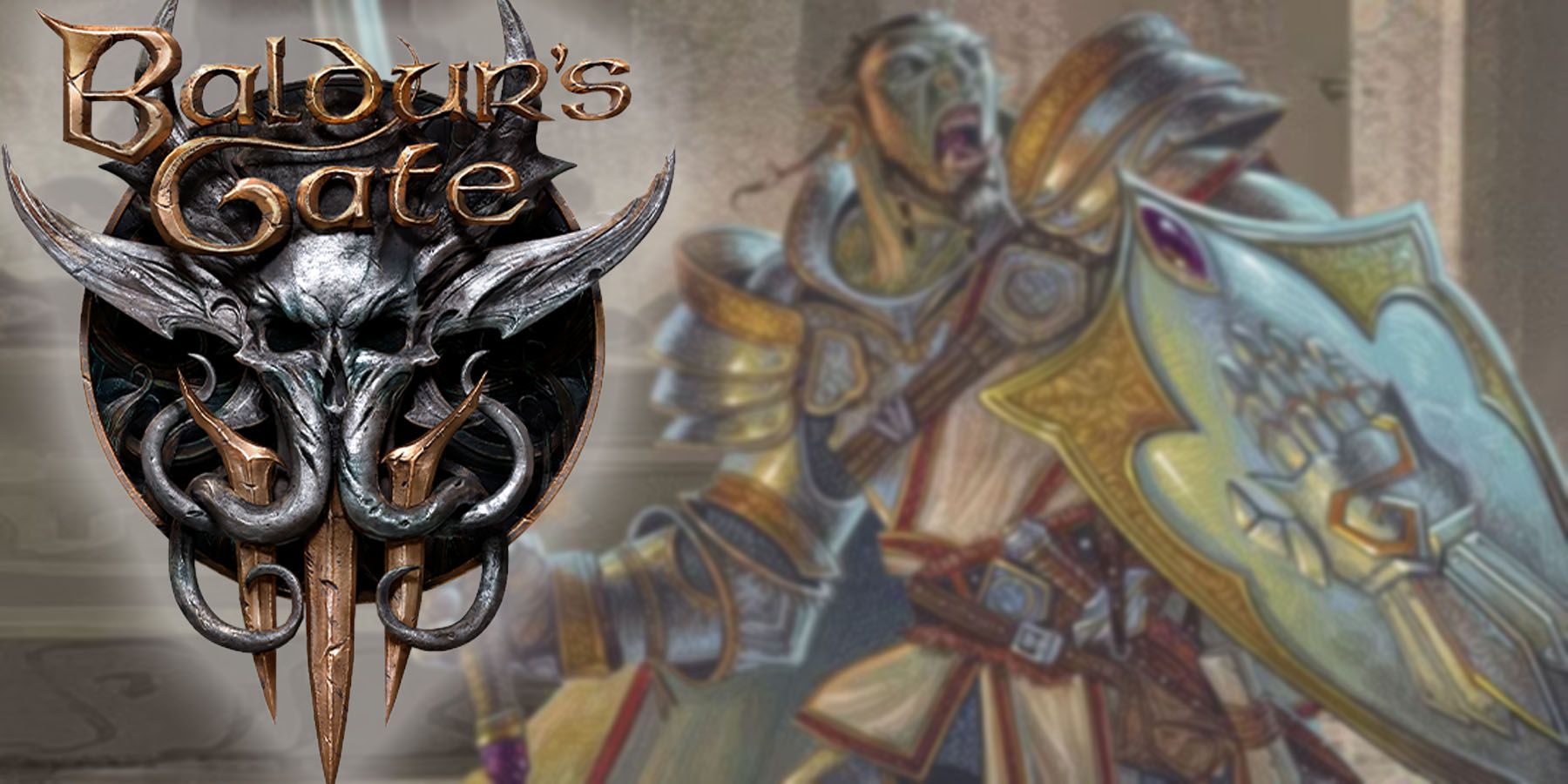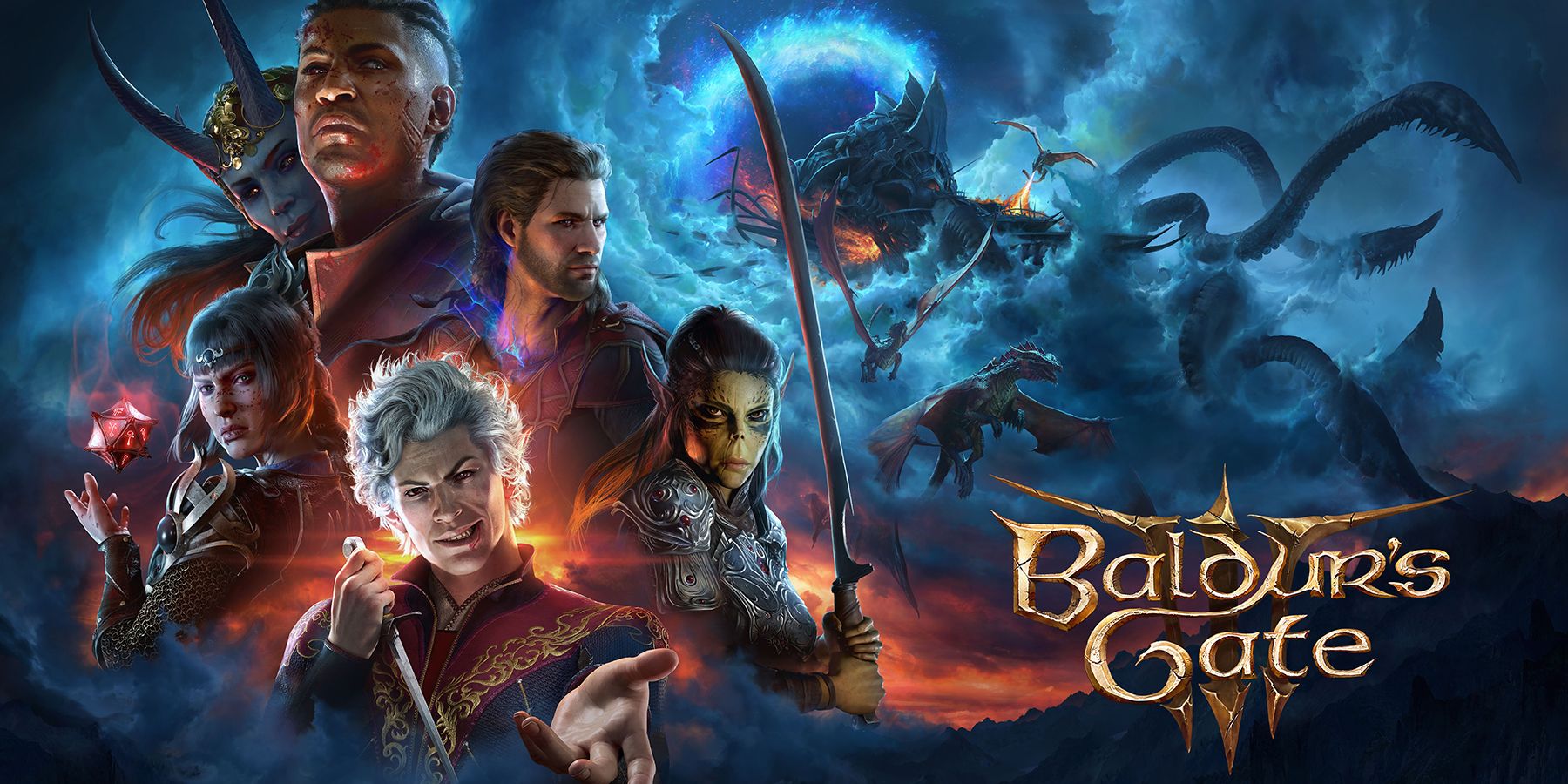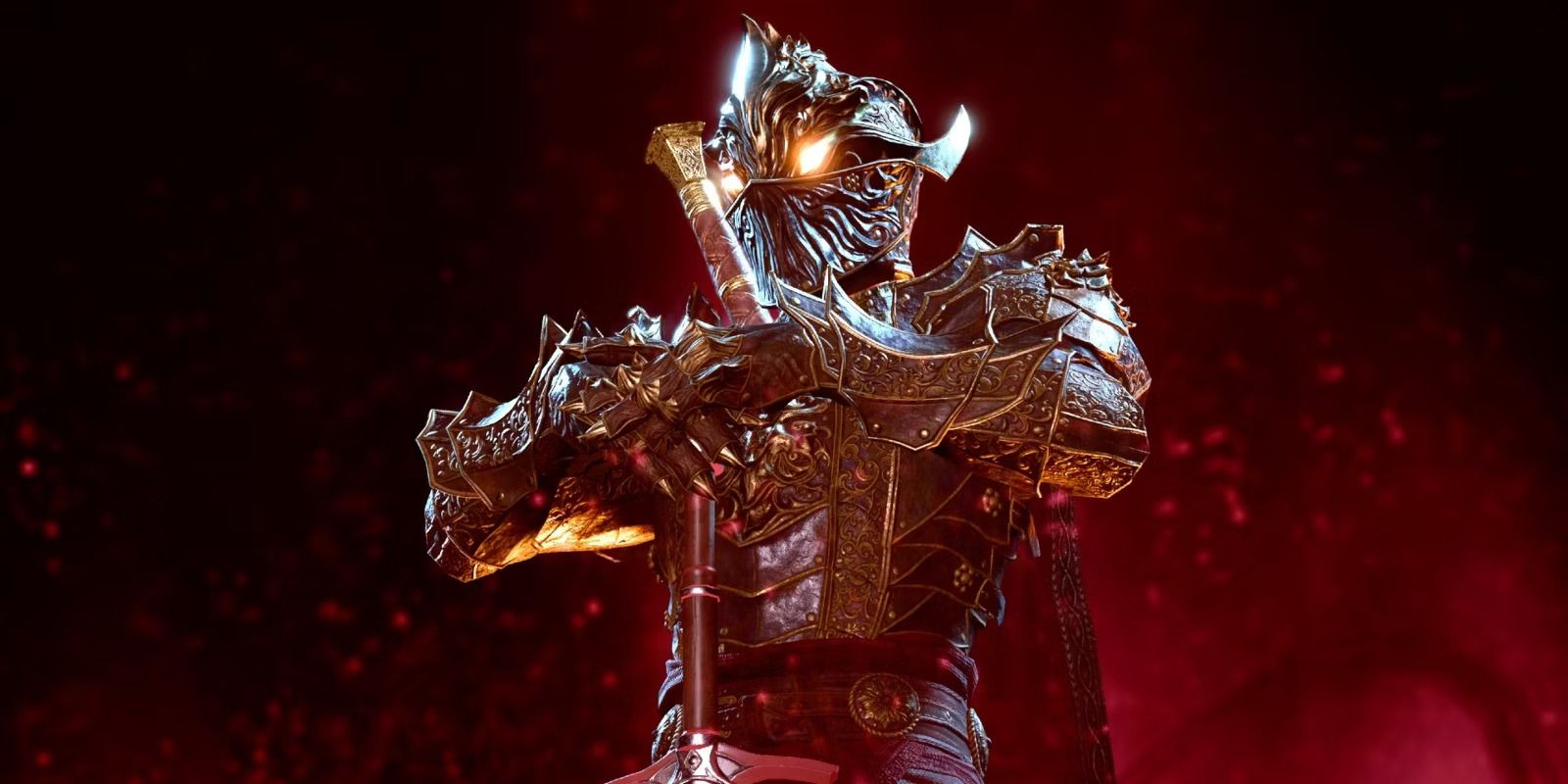Highlights
- Players have the option to embrace temptation and go against their moral compass in Baldur's Gate 3, as the game tempts them with power and presents opportunities to break their Paladin oath.
- The Paladin class in Baldur's Gate 3 allows for more open-ended roleplaying, as players can explore the struggle of upholding their Oath and deal with the consequences of breaking it.
- The choice of race and companions in Baldur's Gate 3 adds another layer to the Paladin's roleplaying experience, as relationships and interactions with different characters can influence the character's path.
It's no secret that many players tend to go for the good options and/or endings with role-playing games; there's just something about doing the evil thing that just doesn't mesh with a lot of players. That doesn't mean there's no temptation, though, as many a good Shepard in Mass Effect has punched a certain somebody. That temptation is part of the process, and indeed, the upcoming release of Baldur's Gate 3 tempts players with power right from the onset. Not only do players have the option to side with the Absolute and embrace the Illithid Tadpole in their head, but character creation includes the Dark Urge origin character and temptation is built right into some of the classes.
One of those classes is the Paladin. These holier-than-thou soldiers of their God are often the bane of many-a-rogue in a Dungeons and Dragons party, but they add a beautiful roleplaying element. A Paladin could be a good person just striving to do the right thing, sometimes relying too heavily on a lawful interpretation of that. But Paladins fall from grace too, with this built right into the mechanics of Dungeons and Dragons 5E, as well as Baldur's Gate 3.
Baldur's Gate 3: Paladin Roleplaying is More Open-Ended Than You Think
Paladins are often misrepresented, though, as only being capable of overzealous worship, righteous indignation, and over-the-top devotion. While this is certainly viable in Baldur's Gate 3, players can still represent someone who struggles with their Oath through their actions. Being tied to an Oath, but facing the moral consequences of it, is an intrinsic roleplaying element of this class not found elsewhere. Paladins have a lot of boons as a result of their Oath, but breaking it doesn't mean they've failed, not necessarily. Players can pay penance and have Oaths restored or continue down their new path, seeing where the darkness takes them.
An Oath, or breaking said oath, adds a whole new roleplaying element to the Paladin, and this also coincides with race choice. Everything about Baldur's Gate 3 main character is factored into roleplay, so a Dragonborn Paladin or a Human Paladin are going to have completely different options. If players wanted to toss The Dark Urge on top of that, then it's even more temptation added to the Paladin class. Indeed, one could even argue that temptation for evil or power is more influential when playing as a Paladin, given the consequences of becoming an Oathbreaker.
On top of that, Baldur's Gate 3's companions represent a wide swathe of do-gooders and ne'er-do-wells, so how one's relationships form with these characters is yet another dimension to this character. Trying to get someone on the right path is easier said than done, and not to mention, companions are often good enough reasons to go down the wrong one.
Baldur's Gate 3: Paladin's Gameplay Abilities and Subclasses Can Do It All
Oaths aren't just roleplaying elements, but add certain gameplay options as a subclass to any Paladin in Baldur's Gate 3.
- Oath of Devotion: Knights of honor who protect the weak.
- Bonus spells like Holy Rebuke that protect allies.
- The Oath is broken when players betray those they would protect.
- Oath of the Ancients: Followers of the Light who seek to protect nature and life, in general.
- Bonus spells like Healing Radiance and Moonbeam, representing someone who is at one with nature.
- Destroying the natural world and doing things that would otherwise put death over life would break this Oath.
- Oath of Vengeance*: This oath deals with the pursuit of justice, even putting aside one's own goodness for this.
- Abilities are combat focused with players ensuring their enemies are defeated, at any cost.
- This Oath is likely broken when justice is somehow skirted by the player.
- Oathbreaker: When players break an oath, they will meet an Oathbreaker in camp who can restore it for GP or enable them to pursue this subclass.
- Prior abilities are converted to that of an Oathbreaker.
- They can control undead, make enemies fearful of them, and channel darkness.
*Largely based on Dungeons and Dragons 5E as this subclass was not available in Baldur's Gate 3's Early Access
In this way, how players choose to represent or engage with their Oath translates to gameplay in Baldur's Gate 3. This is a big deal and represents a symbiotic relationship between one's abilities and one's actions. In contrast, a rogue could have a heart of gold or be mustache-curling evil, yet they can still be distinct in roleplay and similar in gameplay. Really, however, this is just one layer of the Paladin class in Baldur's Gate 3. This affects players' abilities, but their starting features (which remain consistent) are powerful and all-encompassing. They have a high hit-die for health, represent melee power, can generally heal and use combat magic, and wield a shield and wear heavy armor.
Paladin Class Features
- 1D10 for Hit Die
- Focus on Strength for Melee damage.
- Wisdom and Charisma Saving Throw Proficiencies.
- Light, Medium, Heavy Armor Proficiencies. Shield Proficiency.
- Simple and Martial Weapon Proficiencies
- Channel Oath Charges.
With so many options, players can lean into one or the other for their preferred playstyles, while making sure they have a lot of combat options on the backburner. At the same time, they must balance their roleplaying options carefully (or not so carefully) based on how they want their story to evolve. Therefore, players who want to resist temptation at every turn (or embrace it), while ensuring they have a little something for most scenarios can't go wrong with a Paladin, Oathbreaker or otherwise.
Baldur's Gate 3 releases on August 3 for PC and on September 6 for PS5.



